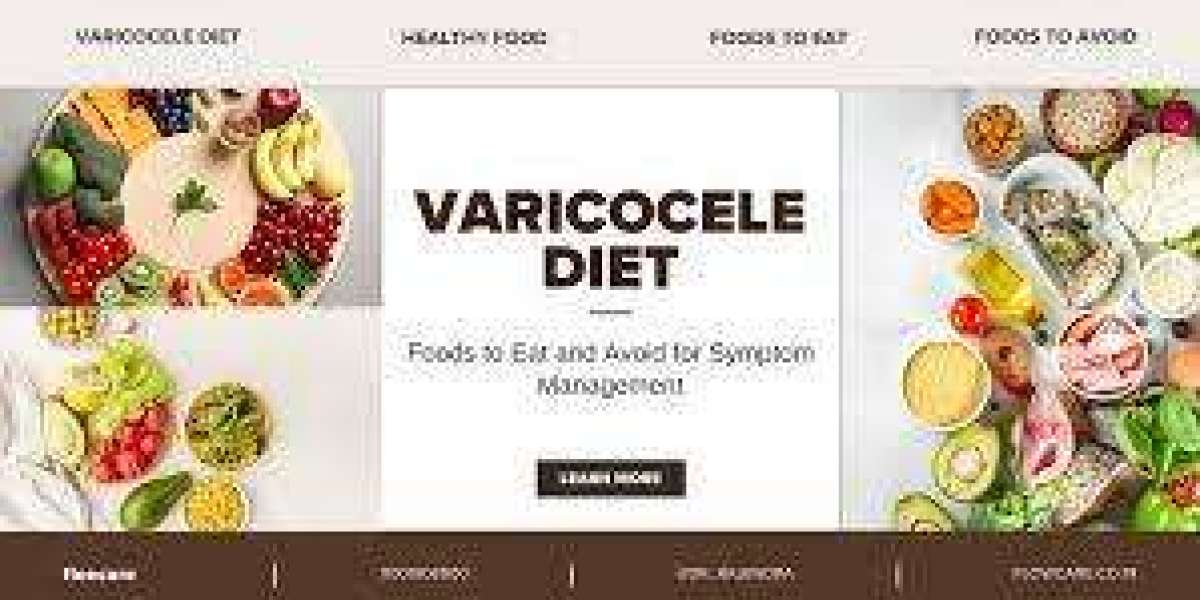Understanding Varicocele and the Role of Diet
Varicocele, a condition characterized by enlarged veins in the scrotum, can lead to discomfort, infertility, and other health concerns. While treatment options like surgery and medications are common, incorporating a proper diet can be equally important for managing varicocele symptoms and improving overall health. A carefully planned varicocele diet chart can provide the necessary nutrients to reduce inflammation, support circulation, and improve reproductive health.
Key Nutrients for Managing Varicocele
A varicocele diet chart should focus on the following nutrients that can help in managing the condition:
1. Anti-inflammatory Foods
Inflammation is a key factor in varicocele, and anti-inflammatory foods can help reduce it. These foods include:
- Berries: Rich in antioxidants like flavonoids and vitamin C, berries can combat oxidative stress and inflammation.
- Leafy Greens: Spinach, kale, and broccoli are high in anti-inflammatory compounds and vitamins that support vein health.
- Tomatoes: Containing lycopene, tomatoes have strong anti-inflammatory properties.
2. Foods Rich in Omega-3 Fatty Acids
Omega-3 fatty acids help in reducing inflammation and improving blood circulation. These fats support the health of the blood vessels, which is crucial for managing varicocele. Some omega-3 rich foods include:
- Salmon and Mackerel: Fatty fish are excellent sources of omega-3s.
- Flaxseeds and Walnuts: Plant-based omega-3 sources that are easy to incorporate into a diet.
3. Vitamin C and E Rich Foods
Vitamins C and E are antioxidants that can strengthen blood vessels and improve circulation. They also support tissue repair and prevent further damage to the veins.
- Citrus Fruits: Oranges, lemons, and grapefruits are packed with vitamin C.
- Nuts and Seeds: Almonds, sunflower seeds, and hazelnuts provide a good dose of vitamin E.
4. Foods High in Fiber
A high-fiber diet is crucial for improving overall circulation and digestive health. Constipation can put additional strain on the veins, aggravating varicocele symptoms.
- Whole Grains: Brown rice, oats, and quinoa are fiber-rich foods that help prevent constipation.
- Legumes: Beans, lentils, and chickpeas are excellent sources of fiber.
Foods to Avoid in a Varicocele Diet
While certain foods can help improve varicocele symptoms, others can exacerbate them. It's important to limit or avoid the following:
- Processed Foods: These often contain trans fats and high levels of sodium, which can contribute to inflammation and poor circulation.
- Refined Sugar: Excess sugar can increase inflammation and hinder the body's ability to manage varicocele.
- Alcohol: Alcohol can negatively affect circulation and exacerbate varicocele-related symptoms.
Hydration and Its Importance
Staying hydrated is essential for optimal circulation and overall health. Water helps in flushing out toxins from the body and ensures that the blood vessels function efficiently. Aim to drink at least 8 glasses of water per day, and increase intake during hot weather or physical activity.
Sample Varicocele Diet Chart
Here’s a simple varicocele diet chart to help you manage your condition:
Breakfast
- Oats topped with fresh berries and chia seeds
- A glass of fresh orange juice (rich in vitamin C)
Mid-morning Snack
- A handful of almonds and walnuts
Lunch
- Grilled salmon with a side of quinoa and steamed broccoli
Evening Snack
- Carrot sticks with hummus or a smoothie with spinach, flaxseeds, and bananas
Dinner
- Brown rice with lentils and sautéed spinach
- A side of tomato and cucumber salad with olive oil
Conclusion
A varicocele diet chart tailored to your nutritional needs can play a significant role in managing the condition and promoting overall health. Focus on anti-inflammatory foods, healthy fats, vitamins, and fiber to help manage varicocele symptoms and improve circulation. At Flowcare, we understand the importance of nutrition in varicocele management and encourage patients to adopt a balanced, nutrient-rich diet alongside medical treatments for the best results.








